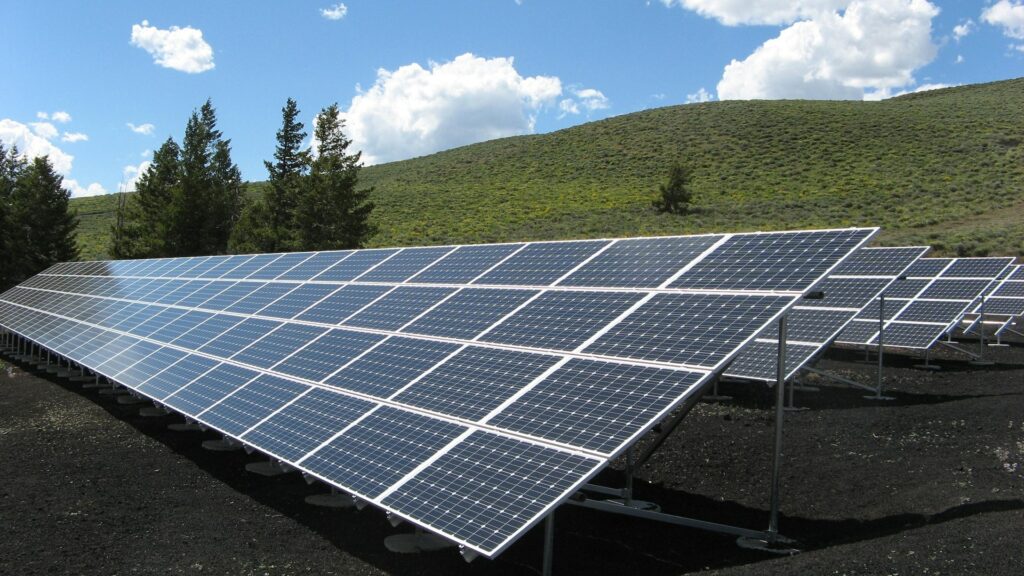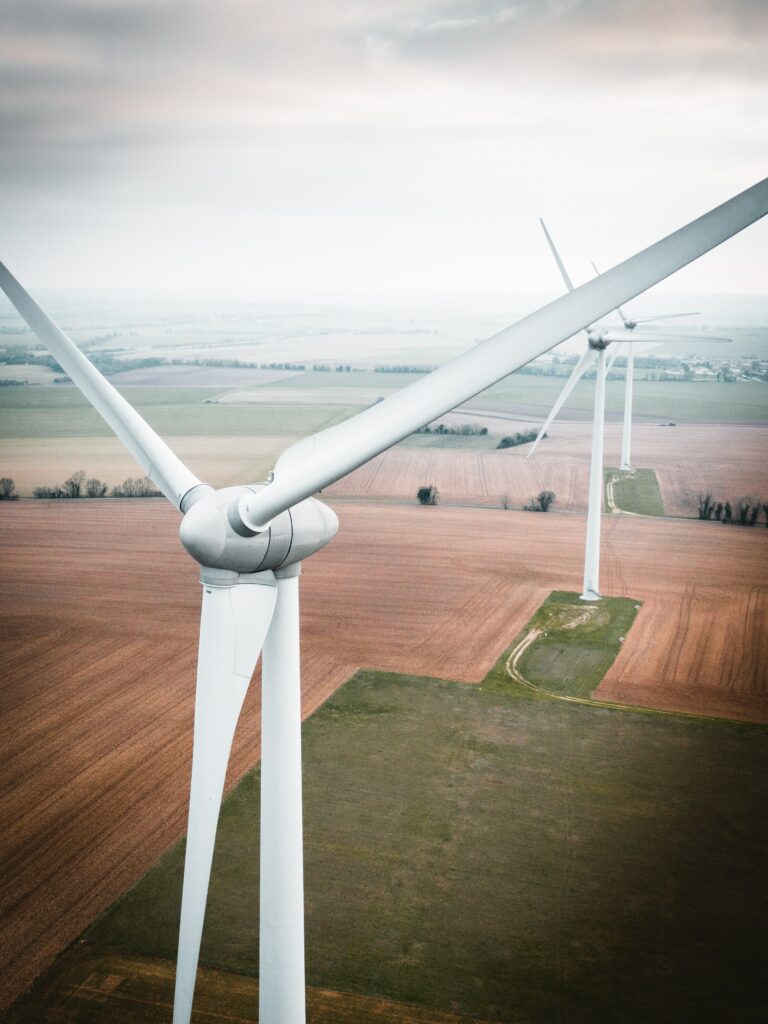With the current environmental and political climate, the media’s occupation with the topic of energy transition has become more prevalent than ever. Although many news outlets succeed in giving a well rounded and balanced debate on the role of governments, private companies and policies, still very little space is given to exercising the thought of citizen-led efforts for autonomous and local energy control.

Hearing concepts such as sovereign, citizen-led or equal citizen participation within the complex world of energy production can often sound like empty or futuristic phrases, which have no ground in real life. That is understandable, considering the little media coverage citizen-led efforts get, however it is not true. This paper, by students from business management and environmental studies, shines a light on the concept of energy communities, which are based on a collaboration between citizens, governments and businesses for a clean energy transition. Even though these initiatives are not so popularized, they are, as pointed out by Sara Giovanni from Energy Cities a European learning community for future-proof cities, making a great contribution to fight climate change. It is therefore important that the communication and information flow outlets about these organisations are improved and this is what this reading list will be focusing on.

Turning to the external
Some of the prominent issues within the process of promotion of energy communities is first of the lack of easy access to information, which means a need for an active search, which is difficult without having any prior knowledge. Another problem, as pointed out by Wahlund and Palm from Lund University, is the bias towards a decentralized energy model and an underrepresentation of energy communities (EC’s) within the mainstream media. What follows, as presented by the results of this study from two Universities in the Netherlands, is the lack of trust of the wider public towards EC’s and thus an indifference towards taking an active role in energy transition.
On the brighter side, however, for those who already have the sprouts of interest towards EC’s there are various sources including this repository from European Federation for Agencies and Regions for Energy and Environment, which is aimed to give an insight into not only the examples but also various publications and updates related to Energy Communities. Another, a more general example of an informative database is the Projects for Public Spaces website, which brings together a wide array of community led projects from all over the world.
Turning to the internal
One of the benefits that internal communication within energy communities have is the already existing interest in active participation within energy transition, which acts as a drive to seek out and create new knowledge sharing opportunities. This has resulted, as presented by this research paper from the University of Bologna, in quite a large number of attempts being made in order to create EC’s and improve the communication between them. Many studies, like this one, have also been conducted in order to analyse new methods of knowledge sharing within the energy industry and changes, which can be made to adjust the sector to 21st century standards.
According to John S. Edwards from Aston University in Birmingham, however, what renewable energy communities still lack is a good grasp on knowledge management and knowledge distribution, which is very well developed in the oil and gas sectors, causing green energy promotion and internal knowledge exchange to lag behind the fossil fuel industry. The acquisition, archiving and use of knowledge within energy communities is, as maintained by William King in his PhD research in Coventry University, much more understood in the commercial branches than within the EC’s, which are still early in their developmental stages. There is additionally, no theoretical framework that would act as a universal manual, which would specify effective knowledge management strategies (including even the language used, glossary of key terms and their applicability to various contexts).
Energy transition is in many aspects still in its early stages, but through improvement of various elements including turning this niche market into a mainstream process through a more easily accessible media coverage can increase the speed with which current traditional and centralized energy systems are transformed into a community led, collaborative effort.


